
All Resources

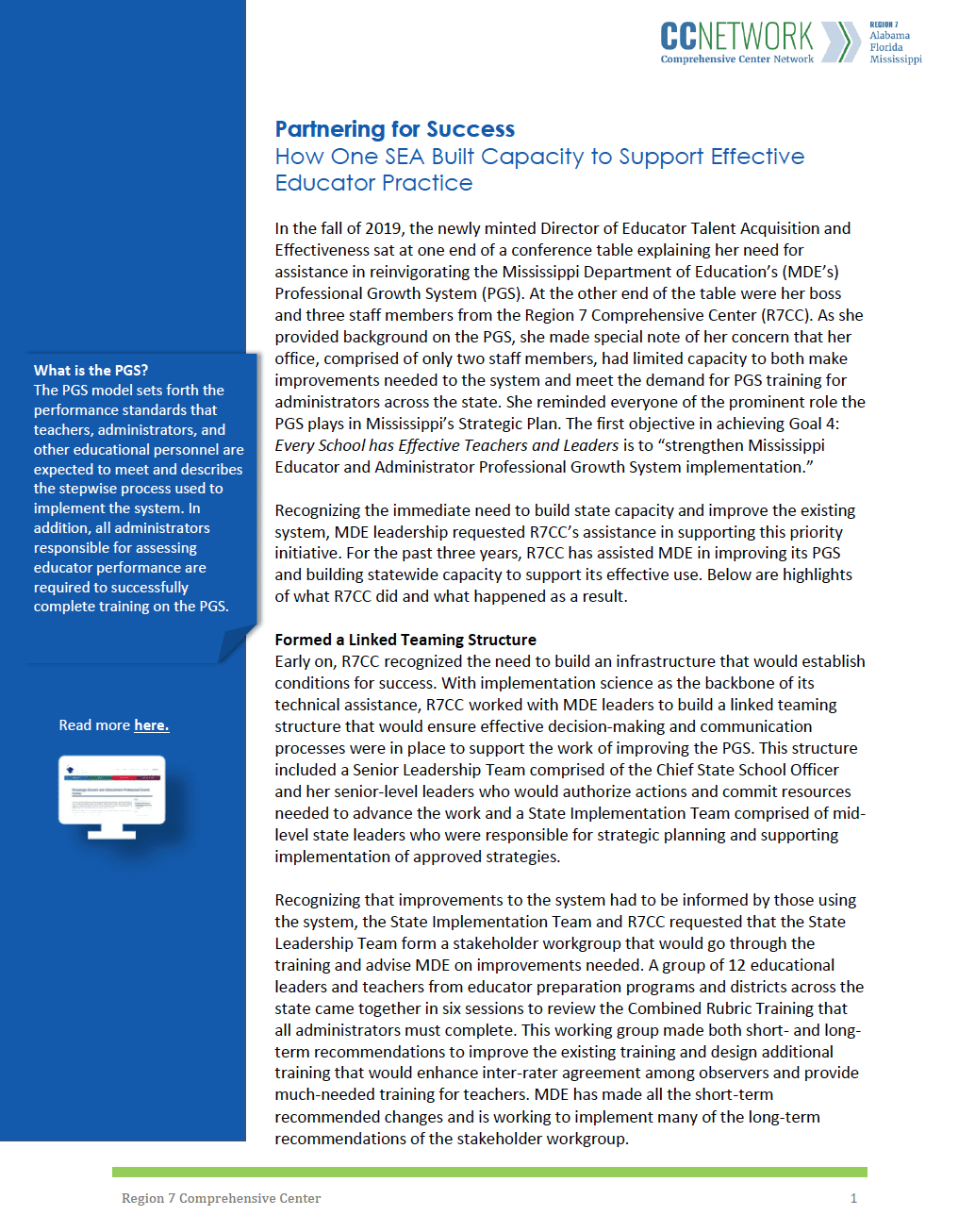
Partnering for Success: How One SEA Is Building Capacity to Support Effective Educator Practice
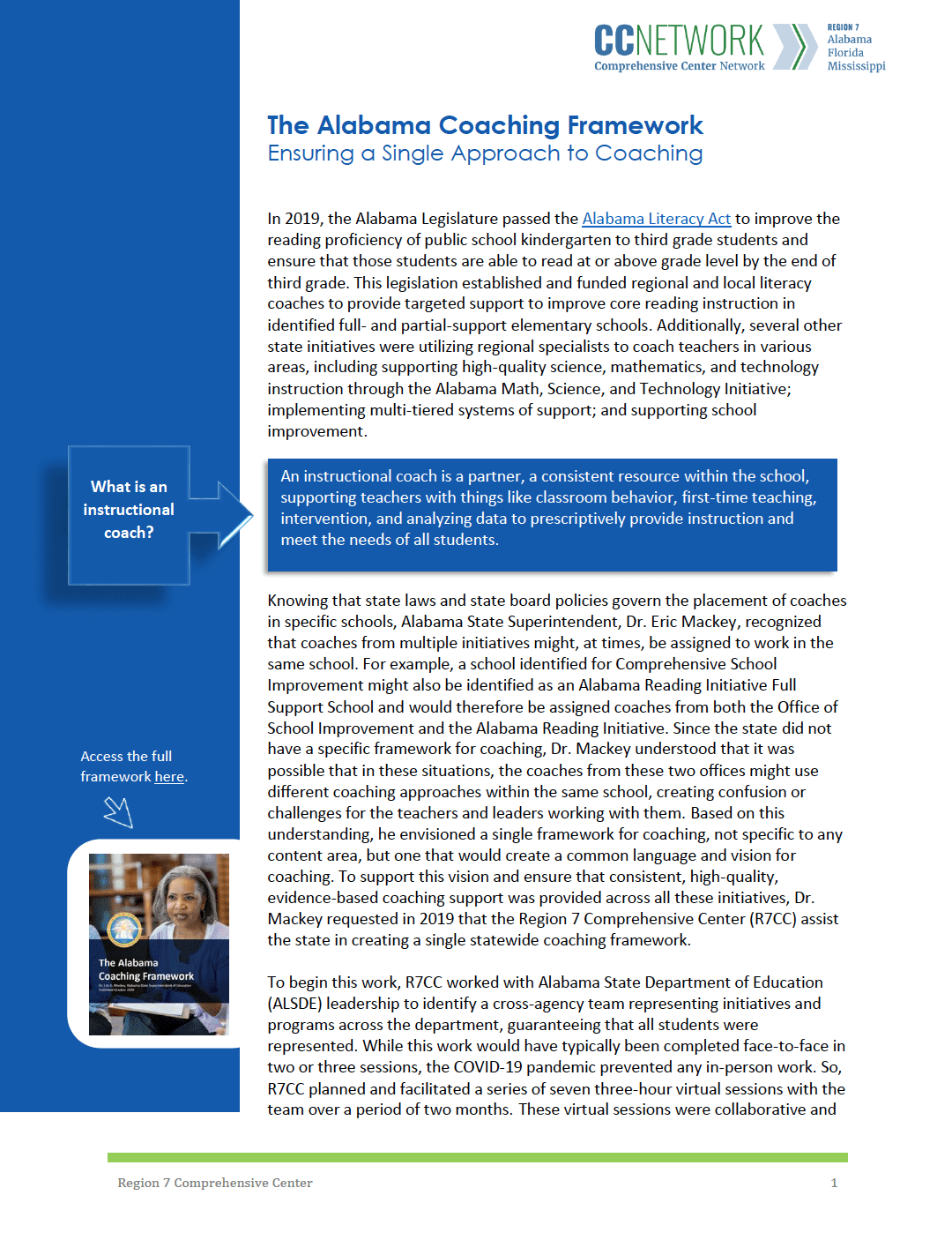
The Alabama Coaching Framework: Ensuring a Single Approach to Coaching
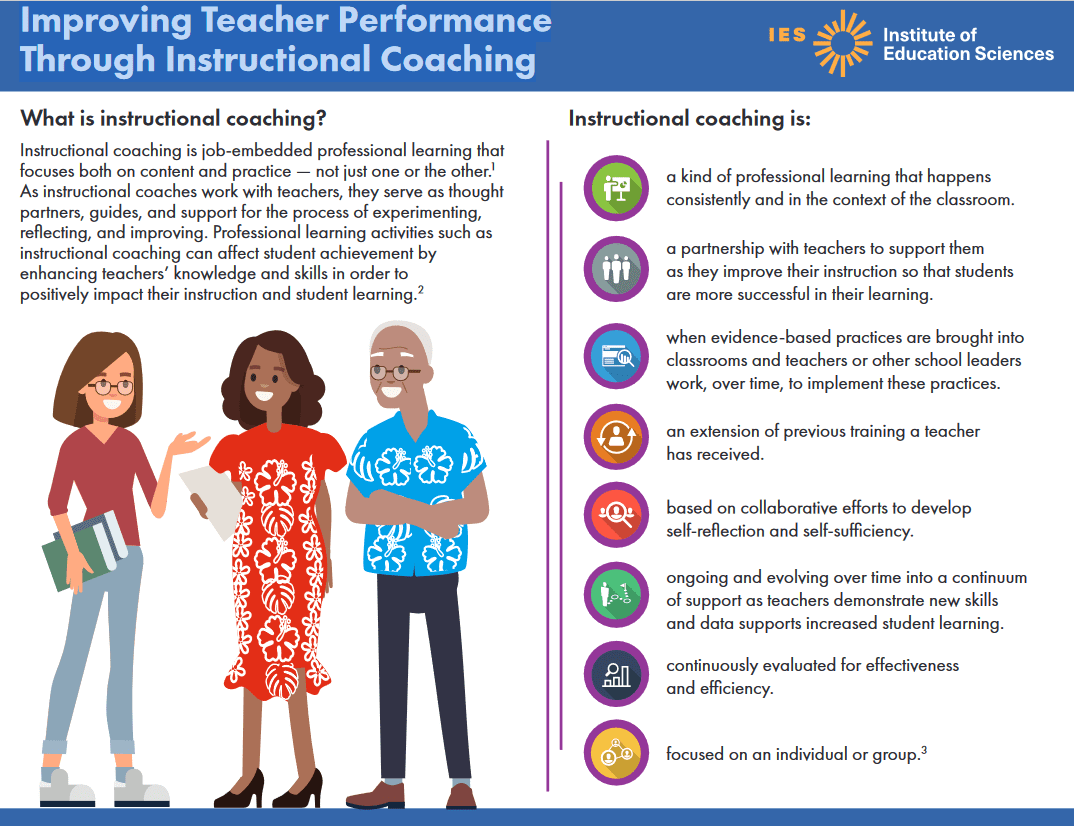
Improving Teacher Performance Through Instructional Coaching

Reading Rockets Summer Reading
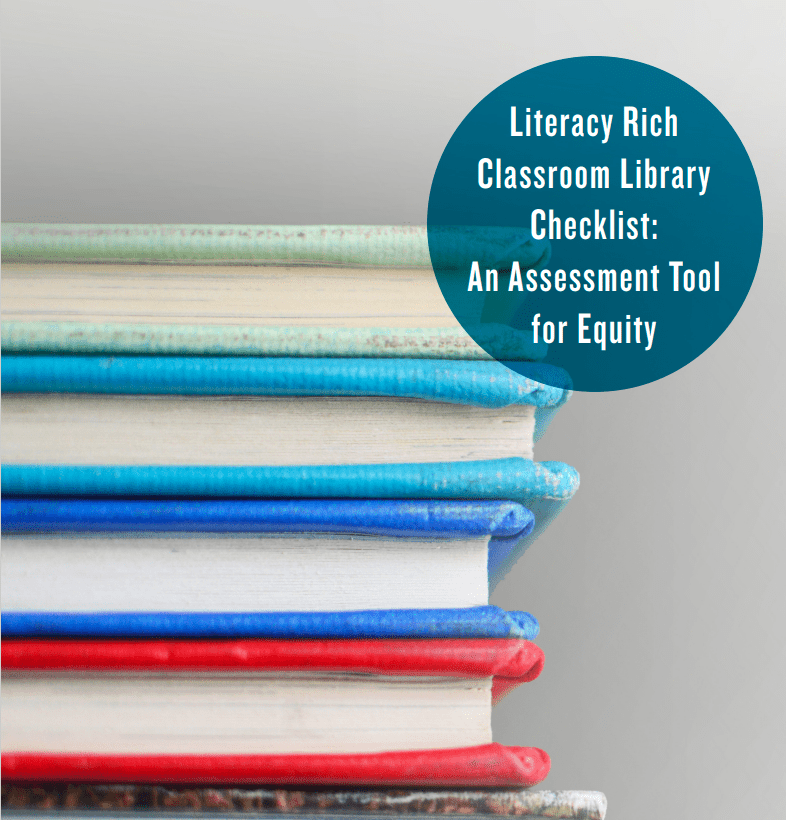
Literacy Rich Classroom Library Checklist: An Assessment Tool for Equity
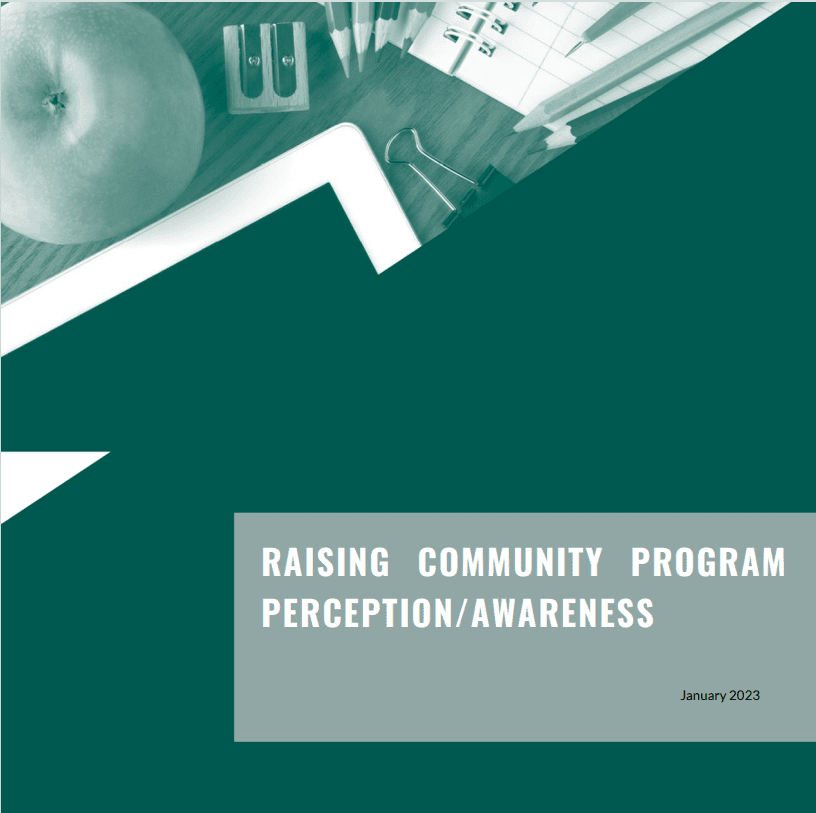
Raising Community Program Perception/Awareness

Webinar: Solving the Teacher Shortage Challenge
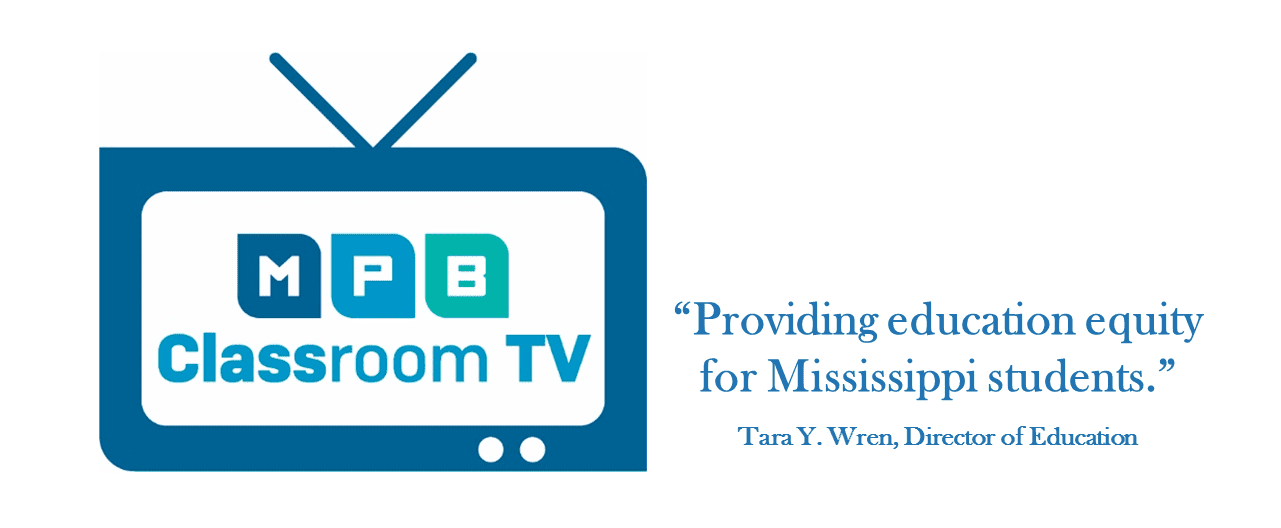
Mississippi Public Broadcasting Classroom TV
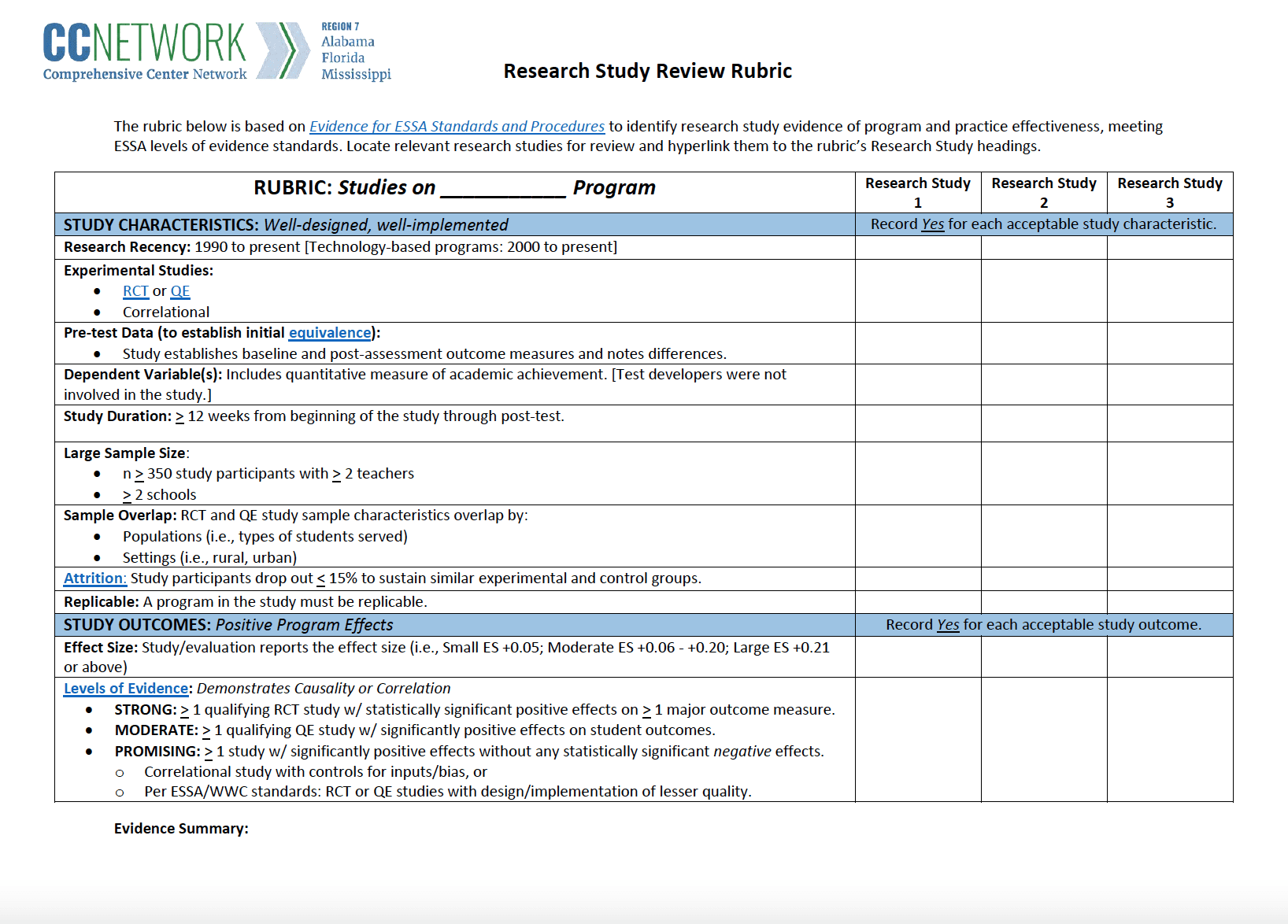
Research Study Review Rubric
Logic Models for Program Design, Implementation, and Evaluation: Workshop Toolkit
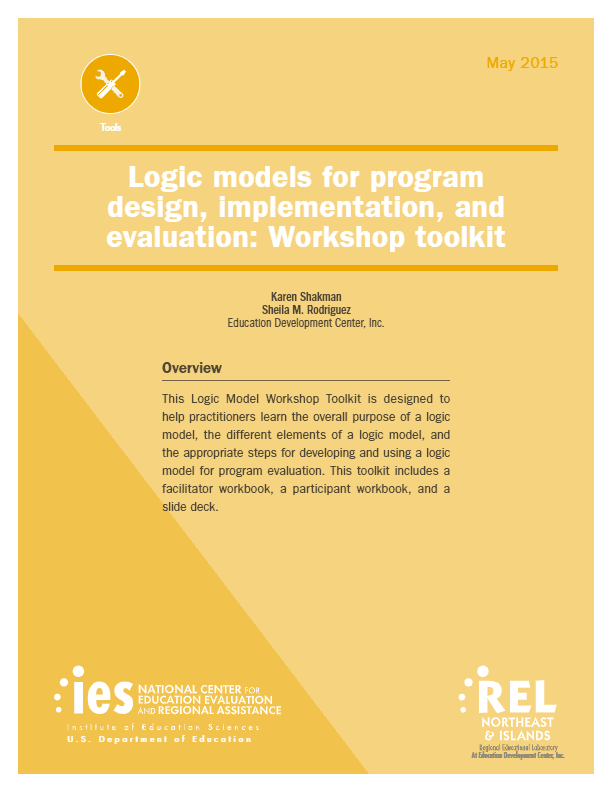
Content Start
This document from REL Northeast provides a guide for facilitators to build the capacity of audiences on logic model purpose, elements, and steps to develop for the purpose of program evaluation. The first section of this document outlines a proposed two-hour session which uses a case study approach to introduce logic model basics, including its key elements. The second part of the guide again uses case studies but this time to demonstrate how logic models can be used for the purpose of evaluation, including how to generate indicators and build an evaluation design. This resource is appropriate for audiences at the state and local level. A logic model is one way to demonstrate a rationale, the fourth level of evidence in the evidence-based intervention requirement of the Every Student Succeeds Act. Please also see the accompanying slide deck.
Source
U.S. Department of Education


 This material is in the public domain. While permission to reprint is not necessary, publication should be cited. This website was funded through the Office of Elementary and Secondary Education (OESE) and developed by the Region 7 Comprehensive Center at RMC Research Corporation. (Award # S283B190023). This website contains resources that are provided for the reader's convenience. These materials may contain the views and recommendations of various subject matter experts as well as hypertext links, contact addresses, and websites to information created and maintained by other public and private organizations. The U.S. Department of Education does not control or guarantee the accuracy, relevance, timeliness, or completeness of any outside information included in these materials. The views expressed herein do not necessarily represent the positions or policies of the U.S. Department of Education. No official endorsement by the U.S. Department of Education of any product, commodity, service, enterprise, curriculum, or program of instruction mentioned in this document is intended or should be inferred.
This material is in the public domain. While permission to reprint is not necessary, publication should be cited. This website was funded through the Office of Elementary and Secondary Education (OESE) and developed by the Region 7 Comprehensive Center at RMC Research Corporation. (Award # S283B190023). This website contains resources that are provided for the reader's convenience. These materials may contain the views and recommendations of various subject matter experts as well as hypertext links, contact addresses, and websites to information created and maintained by other public and private organizations. The U.S. Department of Education does not control or guarantee the accuracy, relevance, timeliness, or completeness of any outside information included in these materials. The views expressed herein do not necessarily represent the positions or policies of the U.S. Department of Education. No official endorsement by the U.S. Department of Education of any product, commodity, service, enterprise, curriculum, or program of instruction mentioned in this document is intended or should be inferred.